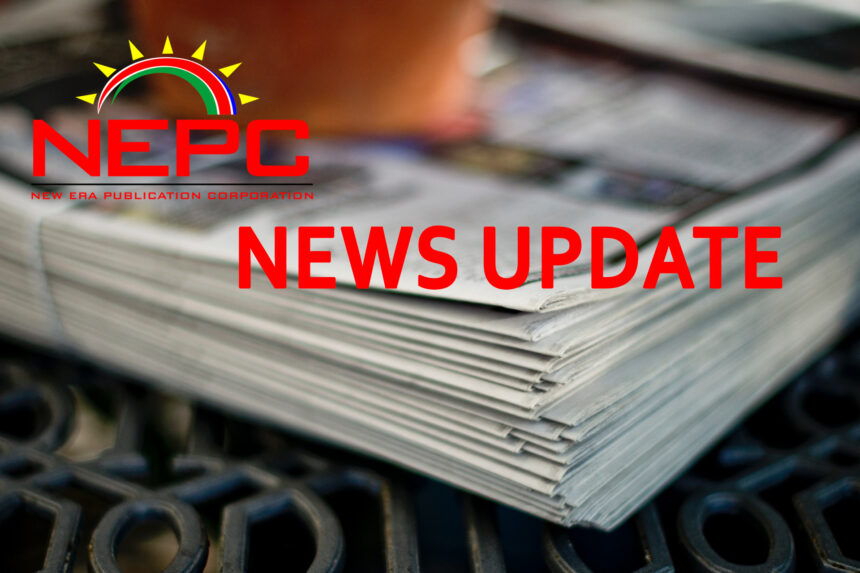Eveline de Klerk
WALVIS BAY – The Namibian government will rely on international policy as well as the country’s legal framework to find a solution for the 27 300 metric tons of horse mackerel that was sold to the Democratic Republic of Congo last year.
The full quota was never caught last year and cannot be transferred to the current fishing season, as stipulated by Namibia’s governing laws. Fisheries minister Derek Klazen indicated during the sale of the quota in September last year that the DRC was notified about the conditions of the agreement. The DRC government paid N$85 million last year for the quota, which was a remainder of the governmental objective quota that was auctioned off earlier last year.
However, the quota was expected to be caught before 31 December, in accordance with the country’s fishing season. The Congolese Press Agency reports that only 1 130 metric tons were caught and arrived in December last year at the Matadi port. The fisheries ministry’s spokesperson Uaripe Katjiukua on Friday told New Era upon enquiry that Namibia will be guided by regulations and policies regarding the uncaught quota. “The solution will be guided by our legal framework, ethos and international policy positions,” she said.
Asked whether the uncaught quota won’t strain the two countries’ relations, Katjiukua said no position is on hand in the matter, but that government will soon find a way forward and pronounce itself. “We should take note that the DRC government and its people enjoy fraternal relations with the Namibian government. The horse mackerel quota they bought promotes and ensures intra-African trade, in line with the Kigali Declaration on the African Continental Free Trade Area,” she added. Meanwhile, the DRC media quoted a source in Namibian diplomatic circles as saying that it would be irresponsible of Namibia not to postpone or transfer the DRC quota to this year, given the diplomatic relations that exist between the two countries. The agency stated that Founding President Sam Nujoma has always emphasised that the DRC is a foreign policy priority for Namibia. “Namibia needs the DRC because it has so much potential in terms of raw materials, wealth and cheap hydroelectricity that it can produce from the large Inga hydroelectric project. Therefore, we believe that Namibia can give an instruction for the DRC’s quota to be postponed to the 2022 fishing season in the event that the DRC would be unable to fish all of it,” the agency quoted the source as saying in December last year.



